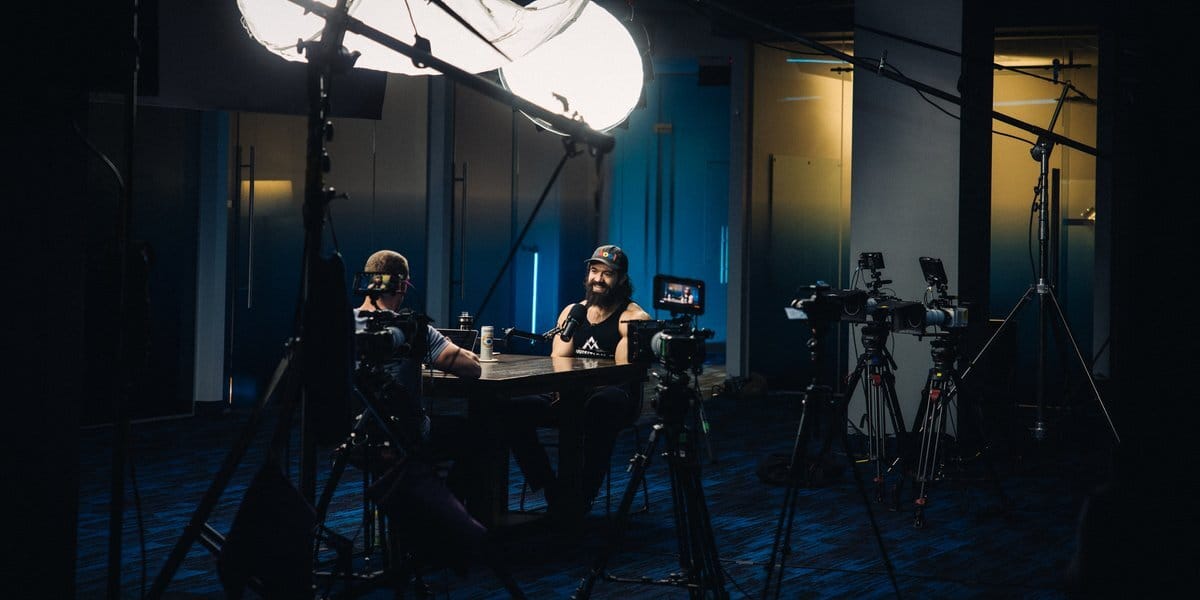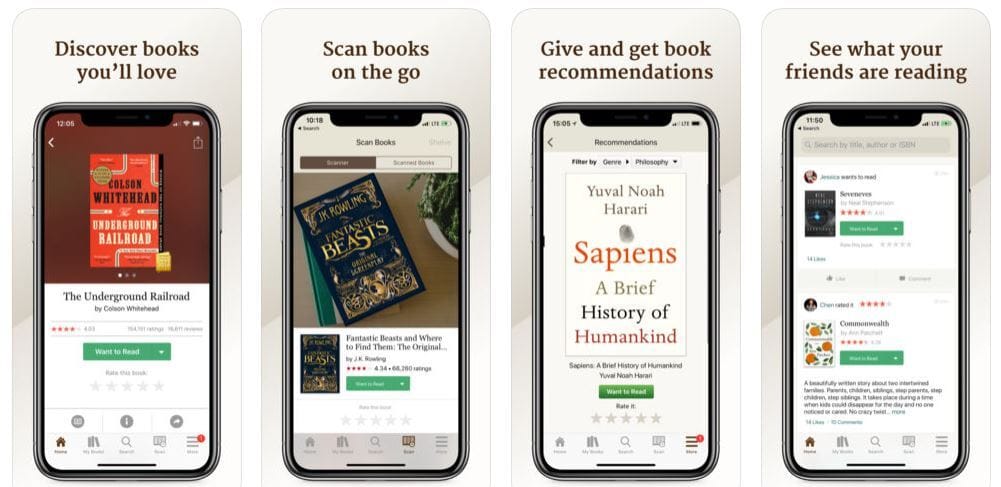
Volume 072
“Six months from now you will either have six months of excuses or six months of progress”
Every summer, the same story plays out.
We set bold fitness goals in April. This is the year. This is the summer we show up leaner, stronger, more disciplined. But then life happens. Work gets busy, weekends fill up, progress is slower than expected. And when July 4th rolls around - the halfway mark - a lot of people quietly give up.
They tell themselves, “I’ll start fresh next year.”
But here’s the truth: summer isn’t over. You’re not done. And quitting now only guarantees you’ll be in the same spot, or worse, next summer.
Your future self doesn’t need perfection. It needs persistence. You don’t have to overhaul your life this week. You just have to keep going. One good workout. One smart meal. One better decision at a time.
July isn’t a deadline. It’s an opportunity.
An opportunity to rewrite the story. To double down instead of back off. To show yourself that your commitment isn’t tied to the weather, the calendar, or how far behind you feel. It’s tied to your identity.
So keep pushing. Your next summer self, the one looking in the mirror a year from now, will thank you. And the one showing up today? That’s the hardest part. That’s the win.
Superset of the Week:
Brain - My Note Sheet From 41 Harsh Truths with Alex Hormozi

These episodes only come around once a year, so yes, you were exposed to this content last week, and no, I won’t miss the opportunity to explore the content further. One of my favorite things to do when I get a podcast episode with a guest or topic I know I am going to enjoy is to listen to it once or twice through with no notes, just mental jogs of what sticks out on first pass. Then, as with any other podcast I am listening to to derive action from, I like to go back through with my note sheet and jot notes down.
A random aside before I dump some of my favorite notes from this episode - taking notes on a podcast that is multiple hours long can be difficult. A few things that have helped me:
If in a controlled setting where you aren’t moving, using the screen record feature is an easy way on Iphone to capture longer segments of content you don’t have the time to take notes on
If a particular passage comes along that you want to revisit but you are on the go, take a screenshot of your home screen as a reminder of the time stamp
A reminder link for those of you who missed this Modern Wisdom episode from last week’s Superset: 41 Harsh Truths Nobody Wants to Admit
Here are some quick-hitters from the podcast to get your wheels turning and motivation firing for this wonderful week ahead:
"The greatest skill you can develop is the ability to stay in a good mood in the absence of things to be in a good mood about."
“Next time something bad happens, imagine it has already happened 999 times to you before this. On the 1000th time, how would it feel? Irrelevant. Great - now feel that way in the first time.”
"The only thing that really matters is the behavior you do when no one is watching."
"The best version of your life is built on the few core things that won't change over time."
"Desire is a contract you make with yourself to be unhappy until you get what you want."
"Most of your competition quits after the first sign of difficulty because they've never known what hard feels like."
"The pursuit of happiness is often mistaken for the pursuit of external achievement; true happiness comes from internal states."
Recommended Actions:
Play out worst-case scenarios to diminish fear
Cultivate gratitude by imagining loss and appreciation
Simplify goals to core, unchanging principles
Gaining mastery in one domain reduces the desire to pursue others
Body - Your Normal is a Moving Target
One of the most powerful truths in training and nutrition is this: normal is relative. Your body adapts, constantly and remarkably, to whatever stress or stimulus it’s consistently exposed to.
Steve Magness put it best in an Instagram post this week (Link above): when he was running 4 miles a day, 8 felt impossible. But once 8 became the norm, 4 felt like a jog around the block - and 12 felt out of reach. Later, running 12 miles daily became routine, and suddenly 8 felt like a recovery day. This cycle continues. What once seemed impossible becomes your new baseline.
The science backs this up. It's known as the principle of progressive overload in strength training: by gradually increasing the weight or intensity, your muscles adapt and grow stronger. What was once your max bench press becomes your warm-up set. The same is true for running, cycling, swimming - you name it. The body's homeostasis shifts with repeated demand.
The same adaptation occurs with nutrition. Drop from 3,000 to 2,500 calories and your stomach may grumble for a week. But give it time, and that becomes your new normal. Your hunger cues adjust. Your metabolism recalibrates. This doesn’t mean your body loves losing weight, it just means it’s always trying to adapt to what’s most consistent.
Even mentally, this applies. Wake up at 5 AM once and it feels brutal. Do it for three weeks, and your body starts to expect it. Your circadian rhythm adapts. What was once a sacrifice becomes a system.
This concept is empowering. It means the discomfort you feel now isn’t permanent. The hard things you do today become the easy things tomorrow…if you stay consistent. What feels like an extreme effort will soon be your new baseline. And from there, you can build again.
You’ll never experience the power of this effect if you never get started though.
Book - How Goodreads Can Help You Read More (and Actually Stick With It)

If you’ve been looking to read more books this year, there’s one simple tool that can help you build momentum and stay consistent: the Goodreads app.
At its core, Goodreads is a digital bookshelf - but used well, it becomes a personalized accountability system, motivation engine, and tracker for your reading journey.
Here’s how to use it effectively:
1. Set a Yearly Reading Goal
The Goodreads Reading Challenge lets you set a target for how many books you want to read this year. Whether it's 5 or 50, setting a clear goal gives you something to aim for, and seeing your progress bar grow throughout the year provides real-time motivation.
2. Track What You’re Reading
Logging your books (whether you're “Currently Reading,” “Want to Read,” or “Finished”) creates visual feedback that builds consistency. The more you log, the more you start to see patterns: what genres you gravitate toward, how long it takes to finish books, and what topics you might want to explore next.
3. Use the “Want to Read” List Intentionally
Ever get a book recommendation, get excited, and then completely forget the title a week later? Goodreads solves that. Every time someone suggests a book, or you hear a title that sounds compelling, add it to your “Want to Read” list. Over time, this becomes your personalized reading queue, so you’re never stuck wondering what to read next.
4. Discover Books Through People You Trust
Goodreads has a social side too. You can follow friends, authors, and other readers to see what they’re reading and how they rated different books. This turns reading into a shared experience. Bonus: the app also recommends books based on your history, helping you find titles that match your interests.
5. Reflect and Rate
After finishing a book, take 30 seconds to rate it or write a short review. This isn’t just helpful for others, it helps you internalize what you learned. You’ll start to notice which types of books leave a lasting impact, and it creates a personal archive you can look back on over the years.
If you’re serious about reading more and you are like me, you need more than good intentions - you need a system. Goodreads is a low-effort, high-impact way to stay on track, find inspiration, and build a habit of reading regularly. It's free, easy to use, and like the best books, gets better the more time you spend with it.
Breakthrough of the Week - Your Secret to Sub 300 Calorie Deserts
I still haven’t quite figured out how this thing works so well - all I know is that it does.
If you are on a dieting phase or looking to lose weight, but constantly feel the pull of that nagging sweet tooth - you need to get a Ninja Creami.
There are hundreds of recipes out there that allow you to get in 20 - 50 grams of protein in under 300 - 400 calories with a treat that actually tastes like ice cream. One of the biggest hacks in dieting is finding foods you enjoy for the calories your plan will enjoy too.
If you have one or plan to get one, give this account a follow for recipe inspiration: Flexible Dieting Lifestyle

